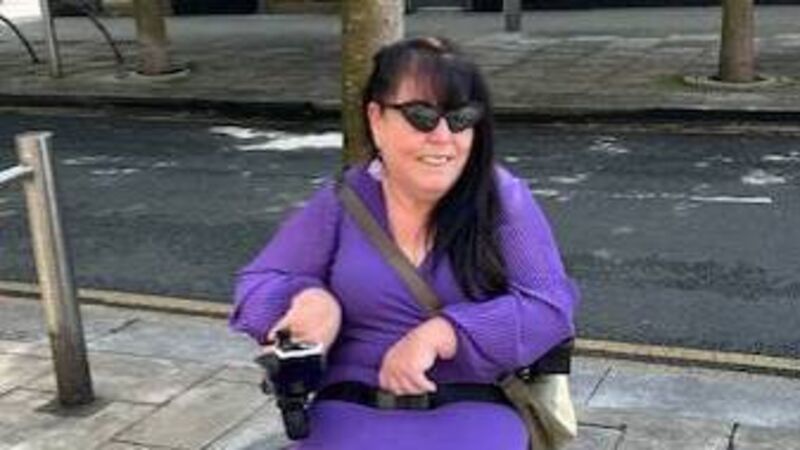Grace is not a victim of unfortunate oversight, but a citizen whose rights were repeatedly violated

Rosaleen McDonagh: ' News coverage of Grace's situation often fails to centre her as a person with rights. Cultural ableism thrives when language strips disabled people of our complexity, autonomy, and dignity.'
Living as a disabled woman in Ireland means being underestimated, having your capacity constantly questioned regardless of your impairment, being infantilised, silenced, excluded, and rendered a nuisance.
As women, we are marked by difference. Cultural and institutional memory often omits us, except for moments of public shame; even then, we are not centred — merely exposed. The story of Grace, a non-speaking, intellectually disabled woman left in an abusive ‘foster’ home for decades, is not just one of personal harm.













